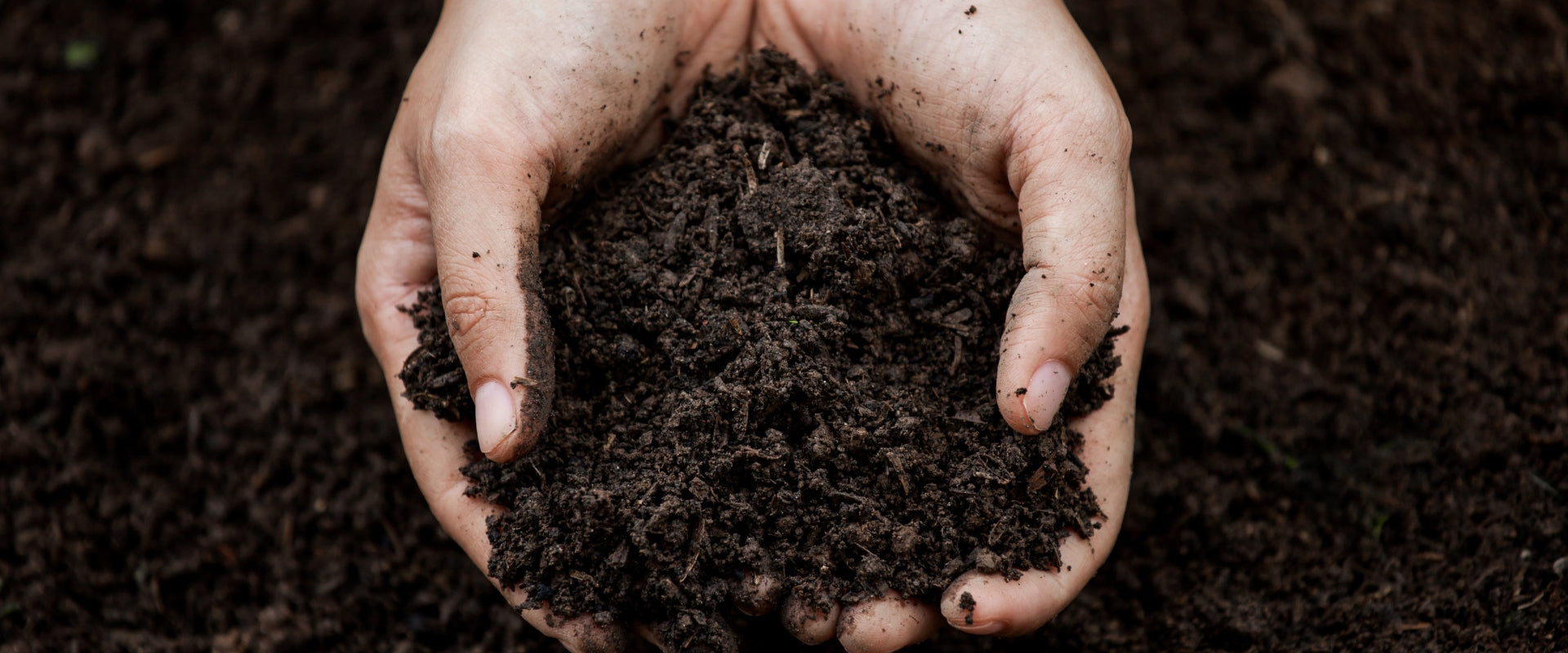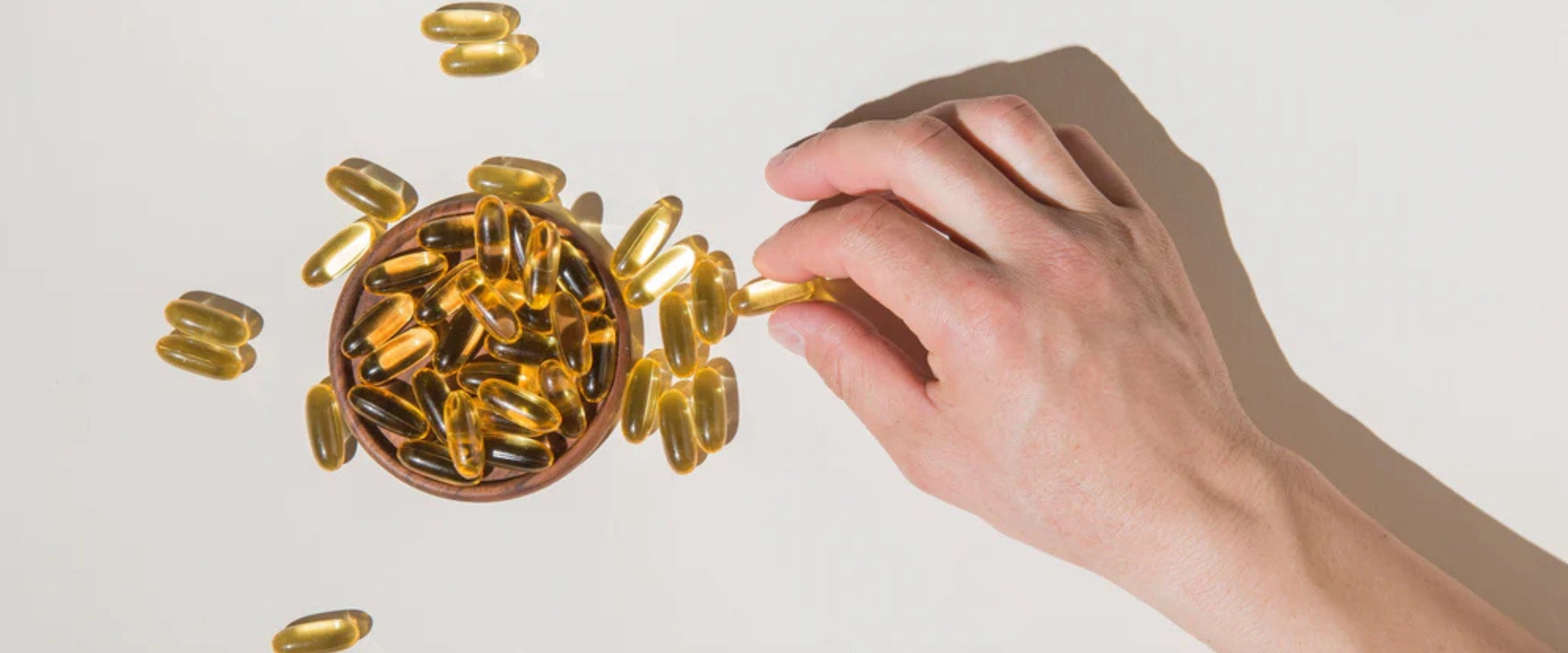In recent years, GLP-1 (glucagon-like peptide-1) receptor agonists have emerged as a class of medications for managing type 2 diabetes and even weight loss. In fact, 12% of Americans are now taking GLP-1s, according to a recent poll. While these medications offer some benefits, they also come with potential side effects, one of which is dehydration. This makes it crucial for individuals taking GLP-1 medications to be mindful of their hydration and electrolyte balance.
In this blog, we’ll explore how GLP-1 medications work, the side effects that can lead to dehydration, and why staying hydrated and replenishing electrolytes are essential for maintaining optimal health.
What Are GLP-1 Medications?
GLP-1 receptor agonists are synthetic versions of a hormone called glucagon-like peptide-1, which naturally occurs in the body. GLP-1 helps regulate blood sugar levels by increasing insulin secretion in response to meals, slowing gastric emptying, and promoting satiety (feeling of fullness).
These medications are primarily used for:
- Type 2 diabetes management
- Weight loss
- Cardiovascular benefits
While these medications offer many benefits, they can also bring about side effects such as nausea, vomiting, diarrhea, and dehydration.
With dehydration comes the potential for electrolyte imbalances. Electrolytes are vital minerals like sodium, potassium, calcium, and magnesium that help regulate many important bodily functions, such as nerve function, muscle contraction, and fluid balance.
Best Hydration Practices
- Sip water consistently: Rather than drinking large amounts of water all at once, which may feel overwhelming if you're experiencing nausea, aim to sip water throughout the day.
- Monitor urine output: A good indicator of hydration is the color of your urine. Pale yellow urine generally signals good hydration, while dark yellow or amber may indicate dehydration.
- Consume electrolytes with water: If you’re dealing with dehydration, electrolyte drinks (without too much sugar) can help replenish fluids and electrolytes effectively.
Electrolyte Balance and GLP-1 Medications
In addition to staying hydrated, it’s essential to maintain proper electrolyte balance while using GLP-1 medications. As your body loses fluids, it also loses electrolytes. Here’s how to keep them in check:
- Include electrolyte-rich foods:
- Potassium: Found in bananas, sweet potatoes, and spinach, potassium helps regulate fluid balance and supports muscle function.
- Sodium: A moderate amount of salt can help replenish sodium lost during diarrhea or vomiting.
- Magnesium and Calcium: These minerals support nerve and muscle function and help prevent cramps.
- Consider electrolyte supplements: If you’re experiencing significant fluid loss, electrolyte supplements can help you restore balance. Look for options that contain sodium, potassium, and magnesium, without excessive sugar.
- Limit caffeine and alcohol: Both of these can increase fluid loss and exacerbate dehydration, so it’s important to consume them in moderation, particularly if you are on GLP-1 medications.
Conclusion
GLP-1 medications offer some benefits for managing type 2 diabetes and weight loss, but they come with potential side effects which can lead to dehydration and electrolyte imbalances. To stay healthy and optimize the effectiveness of your treatment, it’s essential to maintain good hydration and keep your electrolytes balanced.
By staying proactive about hydration, eating electrolyte-rich foods, and seeking medical advice when needed, you can ensure that you are maximizing the benefits of your GLP-1 medication. Always remember, your body needs a balance of fluids and electrolytes to function properly.
If you’re experiencing ongoing side effects, don't hesitate to talk to your healthcare provider for personalized advice on managing hydration and electrolytes while on GLP-1 treatment.
Consult your healthcare provider: This is not a recommendation for or against GLP-1 agonists. This is simply a recommendation to make sure you stay hydrated if your physician prescribes GLP-1 medications. If you’re experiencing significant dehydration or electrolyte imbalances, reach out to your healthcare provider for guidance.




